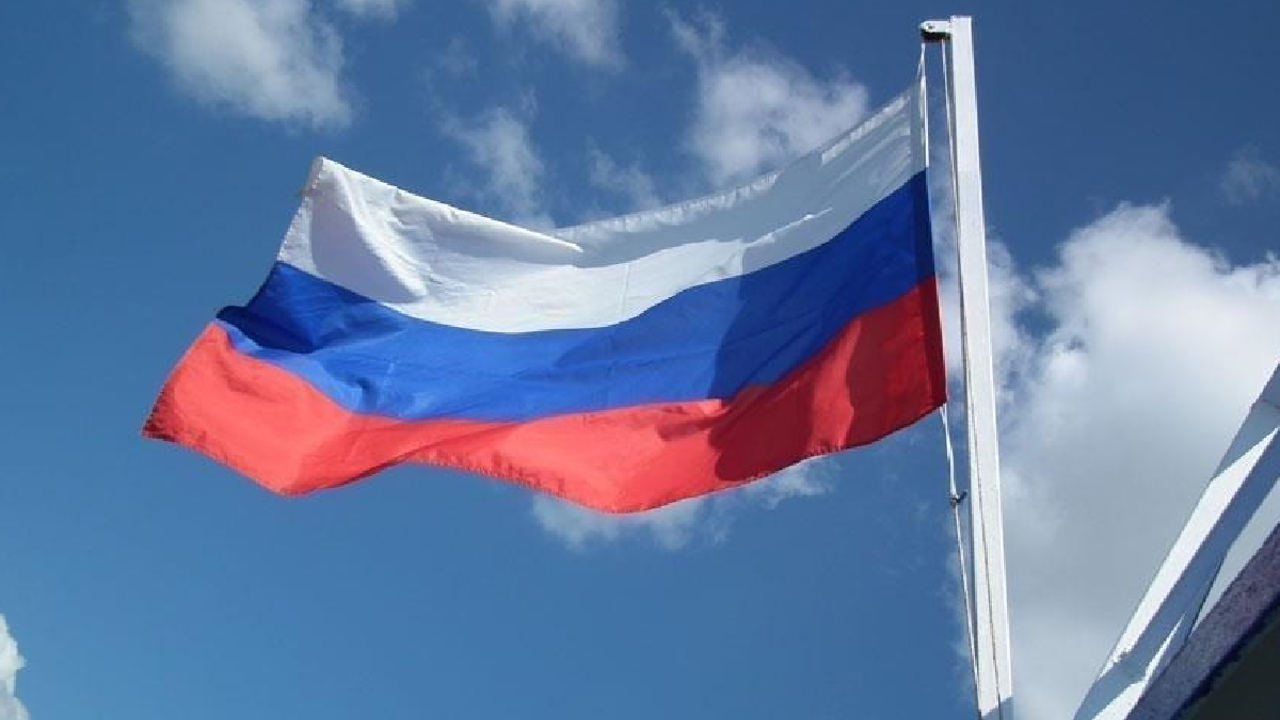Russia has conditions to start peace talks with Ukraine
Russian Deputy Foreign Minister Mikhail Galuzin touched upon many issues, especially the Ukraine issue, on Wednesday. In his speech, Galuzin also discussed the Azerbaijan-Armenia issue and the draft law in Georgia.

Russia stated on Wednesday its conditions for peace talks with Ukraine. Among the conditions was Ukraine's refusal to join NATO and the European Union.
'WE NEED A NEUTRAL UKRAINE'
“We need a neutral and non-bloc status of Ukraine, its refusal to join NATO and the EU and confirmation of Ukraine's nuclear-free status as well as recognition by Kyiv and the international community of new territorial realities,” Deputy Foreign Minister Mikhail Galuzin said in an interview with Russian news network RTVI.
Galuzin said that Moscow believes a “comprehensive, just and sustainable peace in Ukraine and Europe” is possible once clashes between Russian and Ukrainian troops end, in addition to the supply of weapons by Western countries.
'UKRAINE REFUSES DOPLOMATIC SETTLEMENTS'
He said Ukraine has refused to consider a diplomatic settlement to the war and there have not been “significant changes” in Kyiv’s position as it “continues “to rely on a military solution to the conflict.”
“It seems that much will depend on how quickly Kyiv and the West realize that the recipe for a peaceful future for Ukraine lies in a return to the origins of its statehood recorded in the 1990 Declaration on State Sovereignty, which provides for a neutral, non-bloc status of Ukraine with respect for the rights of the Russian population of the country and its national minorities,” he said.
'WE WILL NOT TOLERATE OF AN OPENLY ANTI-RUSSIAN STATE'
Galuzin also said that Russia “will not tolerate the existence of an openly anti-Russian state” on its borders, adding the main obstacle to reaching an agreement on establishing a security zone around the Zaporizhzhia Nuclear Power Plant “remains the position of Ukraine.”
STATUS 'REALLY DIFFICULT' IN TRANSDINYESTER
Galuzin said the situation in Moldova’s breakaway region of Transnistria is currently “really difficult.”
“Russia and our peacekeepers on the Dnister (River) will do everything in their power to prevent escalation in the region. I hope that the hotheads will have enough common sense so that events do not develop according to a negative scenario,” he said.
He said Russia will continue its efforts to find a settlement with regards to Transnistria in the 5+2 format as “a guarantor and mediator,” adding that claims regarding Russia’s intention to “intervene” in the internal affairs of Moldova are “fake” and have been “put onstream by the West.”
“Unlike the West, Russia respects the sovereignty of other states and does not interfere in their internal affairs. We are interested in good neighborly relations with Chisinau. We stand for a constructive and mutually respectful dialogue,” he added.
Transnistria is an unrecognized breakaway region internationally recognized as part of Moldova but is currently controlled by pro-Russian separatists.
'THE DESIRE OF THE WEST TO SHAKE UP THE SITUATION'
In response to a question on the recent protests in Georgia, Galuzin said that Moscow sees “the desire of the West…to shake up the situation” in the country to divert Tbilisi towards more active support for Ukraine while also breaking ties with Russia.
He said that despite the absence of diplomatic relations between the two countries, relations in the trade and economic sectors are developing and that the normalization of relations between Russia and Georgia would “fully meet the interests of the peoples” of both countries.
THE DRAFT IS REJECTED
Earlier this month, the Georgian parliament’s approval of a draft law on “transparency of foreign influence” in its first reading led to demonstrations in the capital Tbilisi. The draft law was later rejected in a second reading.
AZERBAIJAN ARMENIA ISSUE
Galuzin also commented on the topic of dialogue with Armenia within the framework of the Collective Security Treaty Organization (CSTO), saying issues in this regard “will be resolved in a constructive and mutually beneficial manner.”
“For our part, we reaffirm our readiness to implement plans to deploy a CSTO mission on the Armenian-Azerbaijani border in the interests of ensuring the security of Armenia as well as other assistance measures laid down in the relevant draft decision of the CSTO Collective Security Council,” he said.
(AA)







